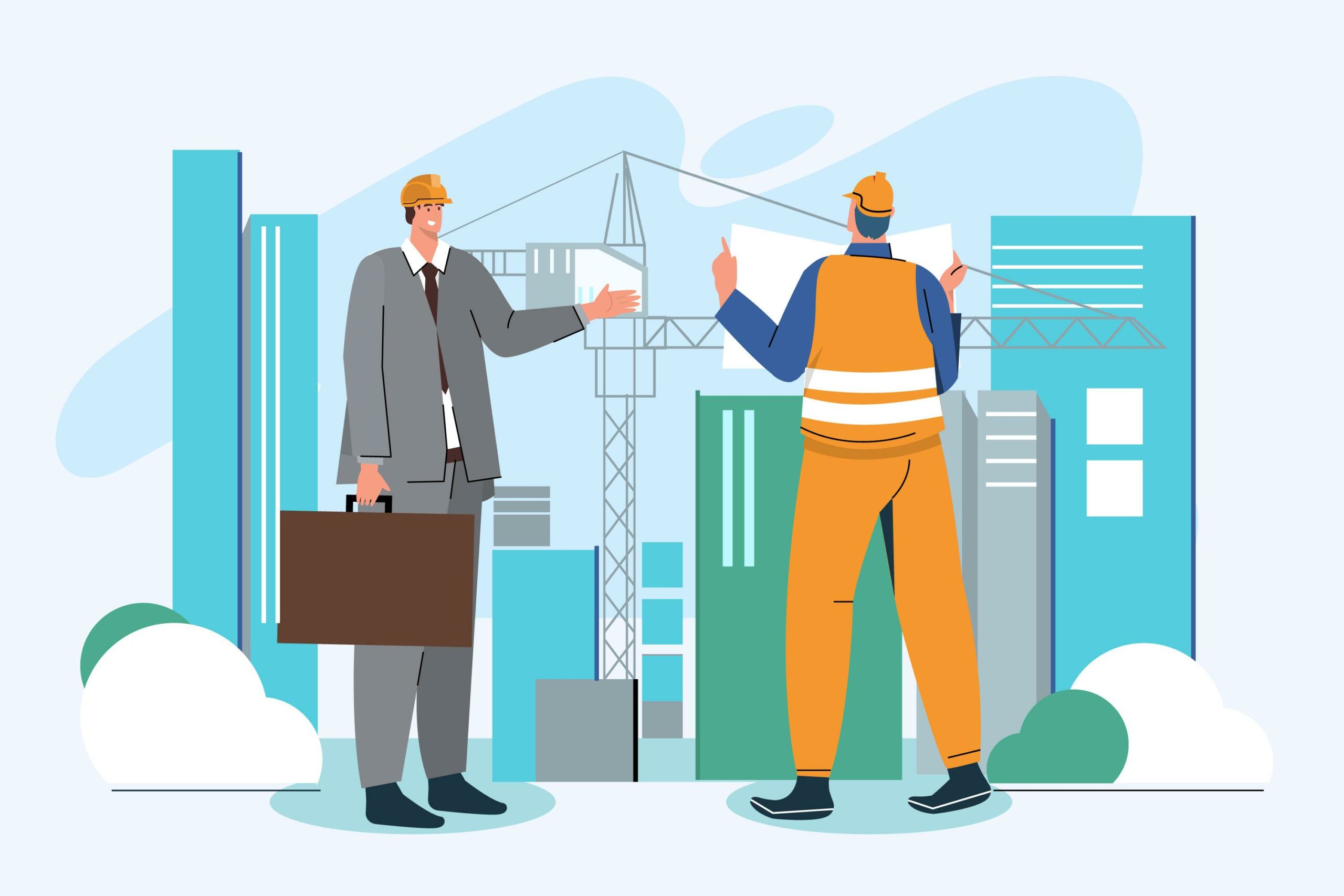Insurance for Engineers
Insure your Business As Fast As You Can Click
Get customisable insurance to meet your needs.
Compare free quotes
Buy online, no paperwork
Get instant cover


Get instant online insurance quotes from leading Insurers
Why do Engineers need insurance?
Engineers need insurance to protect themselves and their businesses from financial risks and legal liabilities. Insurance coverage such as professional liability, project protection, and equipment coverage provides financial security in the event of errors, omissions, project delays, design flaws, or accidents. It safeguards engineers from potential lawsuits, helps maintain their professional reputation, and ensures business continuity.
With Bi-me, engineers can focus on their work with confidence, knowing they are protected against unforeseen circumstances that could otherwise jeopardize their careers and financial stability.
What should I consider before purchasing insurance?
Protecting your business from unexpected events and challenges is where business insurance comes into play, providing cover for when you need it most for things like buildings, business interruption, public liability claims and theft.

Getting the right insurance for Engineers
South Africa's Engineers are unique, having its own risks and insurance needs. Bi-me gives you access to multiple quotes to compare with some of South Africa’s top insurers, so you can choose the right cover to suit your business.
Our friendly team is only a phone call or a few clicks away to assist with getting your business covered in minutes.
Want to get your free quote now? Get your price below.
Could this happen to my business?
Input Errors
In this scenario, an Engineer utilized computer-assisted design to prepare a town planning application for a self-storage facility. However, during the drawing preparation process, an error occurred while inputting data into the system.
This error went unnoticed, resulting in the actual construction being three meters shorter than originally planned. Subsequently, the property was sold to a development company.
What does Professional Indemnity Insurance Cover for Consultants in South Africa

Latest
Affordable Public Liability Insurance for Food Trucks

Best Marketing Strategies for Small South African Businesses

How to Choose the Right Business Idea for the South African Market

Best Digital Tools to Run a Small Business in South Africa

Most Frequently Asked Questions
Engineers need insurance to protect themselves from potential legal claims and liabilities that may arise from their professional services. Whether it's a design flaw, technical error, or project dispute, insurance provides financial coverage for legal expenses, settlements, and potential lawsuits.
It offers peace of mind while ensuring engineers can focus on innovative solutions without the fear of unexpected financial burdens, safeguarding their careers and reputations.
Professional liability insurance for engineers typically covers claims related to design errors, omissions, or negligence in their projects. This can include allegations of inadequate plans, technical mistakes, or misinterpretation of codes.
The insurance covers legal defense costs, settlements, and judgments, helping engineers navigate legal challenges effectively while protecting their career and reputation.
While engineering firms might have liability coverage, having your own insurance is still advisable. Personal professional liability insurance offers an additional layer of protection that extends beyond any firm-specific coverage.
It ensures you're covered regardless of your work setting and helps safeguard your interests in case of claims that might not be covered by the firm's insurance.
Yes, many engineer insurance policies include coverage for claims related to project delays, technical disputes, or construction issues. If a client alleges that your services led to financial losses or technical complications, insurance can cover legal fees and potential settlements.
This coverage provides peace of mind, allowing you to focus on delivering high-quality engineering solutions while being prepared for unexpected challenges.

